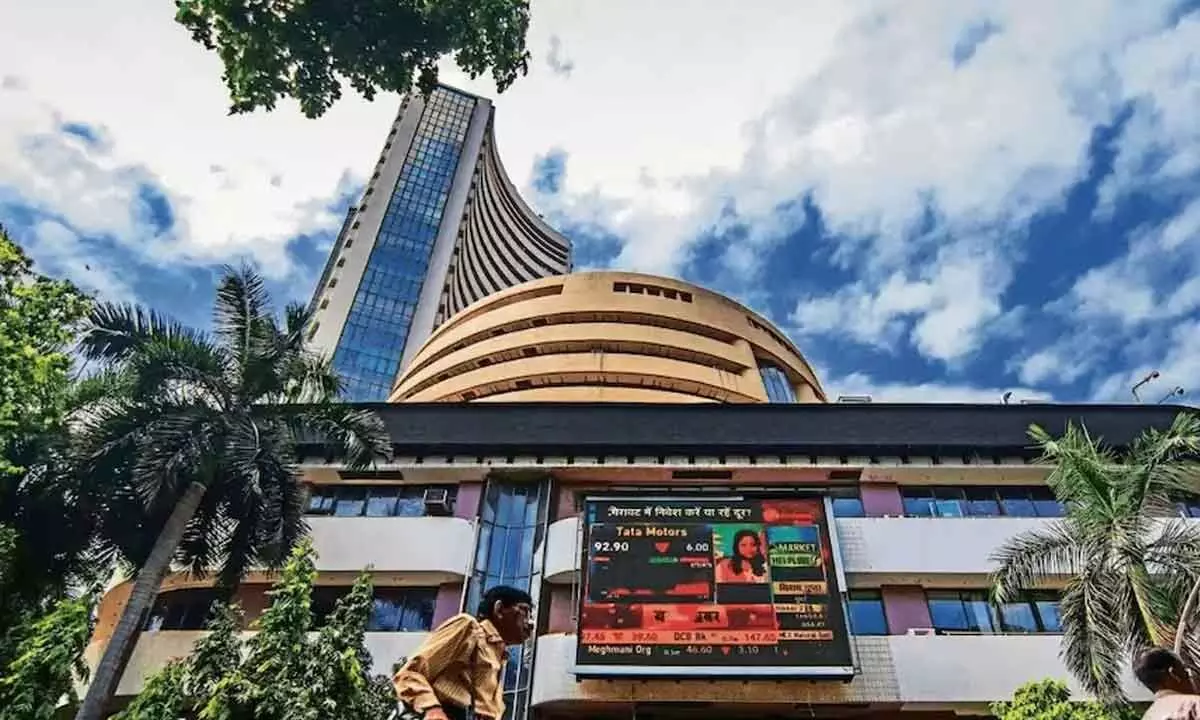Market concerns about geopolitical issue
On Monday, the Sensex closed 845 points lower, marking a sharp fall in the benchmark indices. Almost all major sectoral indices experienced selling pressure at higher levels, with PSU banks and media indices declining the most, falling around 2 per cent each
image for illustrative purpose

Mumbai, Apr 16: On Monday, the Sensex closed 845 points lower, marking a sharp fall in the benchmark indices. Almost all major sectoral indices experienced selling pressure at higher levels, with PSU banks and media indices declining the most, falling around 2 per cent each.
The market, which opened with a decline, is facing sustained selling pressure at higher levels. The index has formed a bearish candle on the daily chart and a bearish continuation pattern on the intraday chart, indicating potential further weakness.
“For traders, the 20-day SMA (Simple Moving Average) or 73,500 is a key resistance level. If the index falls below this level, the weak sentiment is likely to continue, and the market may slip to a 50-day SMA or 72,965 ,” says Shrikant Chouhan, Head Equity Research, Kotak Securities.
This could potentially drag the market towards 72,650. However, if the index manages to trade above the 20-day SMA, a technical upside up to 73800-73900 could be possible.Given the current market volatility, level-based trading is the ideal strategy for day traders.
Two issues- one economic and the other geopolitical- will continue to weigh on markets in the near-term. The economic factor is the rising US bond yields (10-year yield is above 4.6%) which reduces the prospects of rate cuts by the Fed this year.
High bond yields are negative for risky assets like equity and will accelerate FII selling in emerging markets like India. The market is more concerned about the geopolitical issue.
He added “ Israel’s military chief’s statement that there will be a response to Iran’s attack on Israel has increased the probability of escalation of tensions in the Middle East We don’t know the timing and the nature of the Israeli response which can be totally unexpected , ” says Dr. V K Vijayakumar, Chief Investment Strategist, Geojit Financial Services.
This is likely to keep the markets weak in the near-term.Investors may wait and watch the developments. Meanwhile, long-term investors can slowly accumulate high quality large-caps on corrections.
Further corrections will make valuations of large-caps fair. Largecaps in banking, IT, autos, capital goods, oil & gas and cement are ideal for long-term investment.Since metal prices are firming up, metal stocks will remain resilient.

